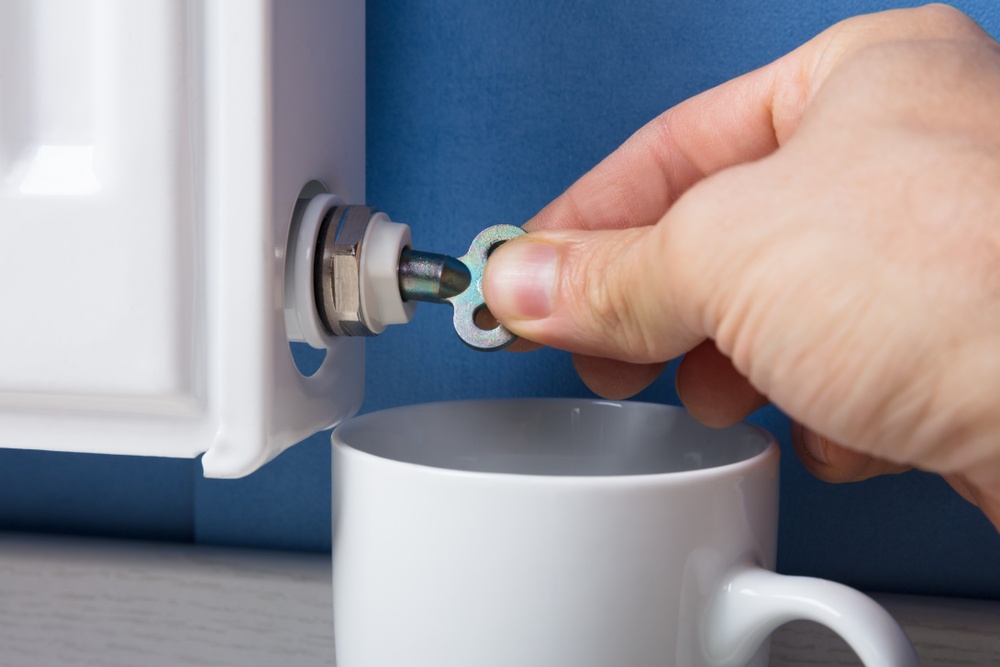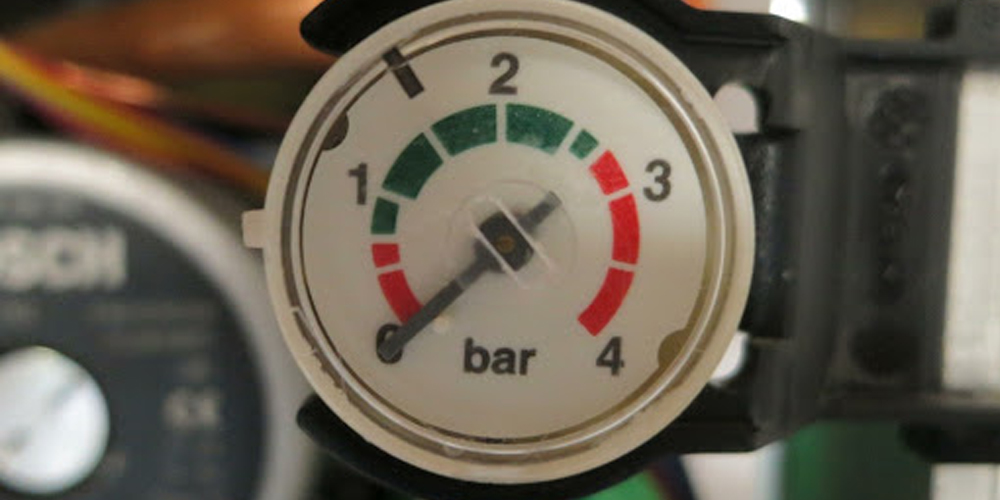Modern gas boilers require constant water pressure in order to function correctly. If the boiler’s water pressure is too high or too low the boiler will turn off. They require pressure to force water around your central heating system. Without the correct pressure, it cannot adequately heat your property. A boiler that keeps loosing pressure is therefore a cause for concern. It is important to examine and determine the cause as soon as possible, to protect your boiler and to prevent any damage to your home.
What Causes A Boiler Do Loose Pressure?
There are two main offenders when it comes to low water pressure:
Leaks
You may have a leak somewhere in your central heating system. It may only be a small leak but if it goes undetected for some time, it could lead to a progressive drop in pressure. Take a close look around your property for signs of damp patches around pipework, radiators and the boiler. If you do find a leak, or need to top up your boilers water pressure on a regular basis give us a call today on 0758 0395.
Bleeding Radiators
If you have bled a radiator, you may have lost some pressure in your central heating system. This is as when you bleed a radiator, air is released, which lowers the pressure in your heating system.
 How Can I Check My Boiler Pressure?
How Can I Check My Boiler Pressure?
To check your boiler’s pressure, you need to locate the pressure gauge on your boiler. This is usually on the front of the unit. If there is the correct amount of pressure in your system, the needle should be between 1 and 2 bar. This area is usually designated in green. Below 1 and greater than 2 is in red, indicating critical zones.
Some boilers have a pressure gauge with 2 needles—the red needle serves as a marker while the black one shows the actual pressure. If the system has the right amount of pressure, the 2 should be pointing to the same number. Other boiler models have an LCD display showing the water pressure.
If your boiler pressure reads less than 1 bar, it’s possible that you might have lost water from your central heating system, which needs to be replaced. If the pressure gauge on your boiler displays a high pressure (above 2.75 bar), then you might need to bleed a radiator to bring the level down to around 1.5 bar. We recommend you get in touch with us if you are experiencing hight pressure. This is as it could be a result of a fault inside the boiler and may need a visit from a heating engineer to rectify the issue.
Can I Fix Low Boiler Pressure Myself?
The good news is yes, you can re-pressurise your central heating system without the need to call out a plumber or Gas Safe heating engineer. It is a fairly simple process that only takes a couple of minutes. Every boiler is different, so we recommend referring to your boiler manual, or searching online.
Top tip: Visit your boiler manufacturers website, to see if they have any helpful guides and videos about topping up pressure on their systems.
Some boilers have filling loops and some have internal filling keys. It is the same principle to re-pressurise but slightly different methods are used. However, the basic re-pressurising process is as follows:
- Switch off your boiler and allow it to cool.
- Double-check that both ends of the filling loop are securely attached.
- Open both valves or turn your internal filling key to allow cold water into the system. You should hear water entering the system.
- Wait for the pressure gauge to read 1.5 bar.
- Close both valves, one after the other.
- Switch the boiler back on and, if required, press the reset button.
- Check the boiler in a few days to see if it has lost pressure again.
What If My Boiler Pressure Is Too High?
If your boiler’s pressure gauge reads above 2 bar or the needle is in the red zone, you will need to release some of that pressure. The best and easiest way to do this is to bleed one or two radiators in your property. To bleed a radiator follow these steps:
- Turn off your central heating system.
- Insert a radiator key into the top valve. Turn the valve anticlockwise to open.
- At first, air will escape the valve. This will be followed by a flow of water. Catch the water in a small bowl or with an absorbent rag.
- Keep an eye on the boiler’s pressure gauge while you do this. Keep the valve open until the pressure need falls back down into the green zone or between 1 and 2 bar.
- Close the radiator valve.
When Should I Check My Boiler’s Pressure?
Usually, your boilers pressure should remain relatively stable so you don’t need to check it every day. We recommend that you check on your central heating systems pressure at least once a month.
As the colder months approach it is a good idea to check your boiler’s pressure to ensure that it will operate correctly during the winter months. Also, if you bleed any radiators check the boiler pressure to ensure it hasn’t fallen too much.
Need Help With Your boiler’s Pressure?
If you have followed the steps in this blog and your boiler keeps loosing pressure then it is a sign that there is a fault within one of the components of the boiler which will require the assistance of a qualified heating engineer. Where this is the case, it is advisable to have a Gas Safe Registered engineer inspect your boiler at the earliest opportunity to avoid any further damage occurring.
If In Doubt, Get In Touch
If you have any doubts about your boiler losing pressure or are not sure about how to re-pressurise your central heating system, then get in touch. Call us today on 0758 0395 to book an appointment with one of our Gas Safe Registered heating engineers.








